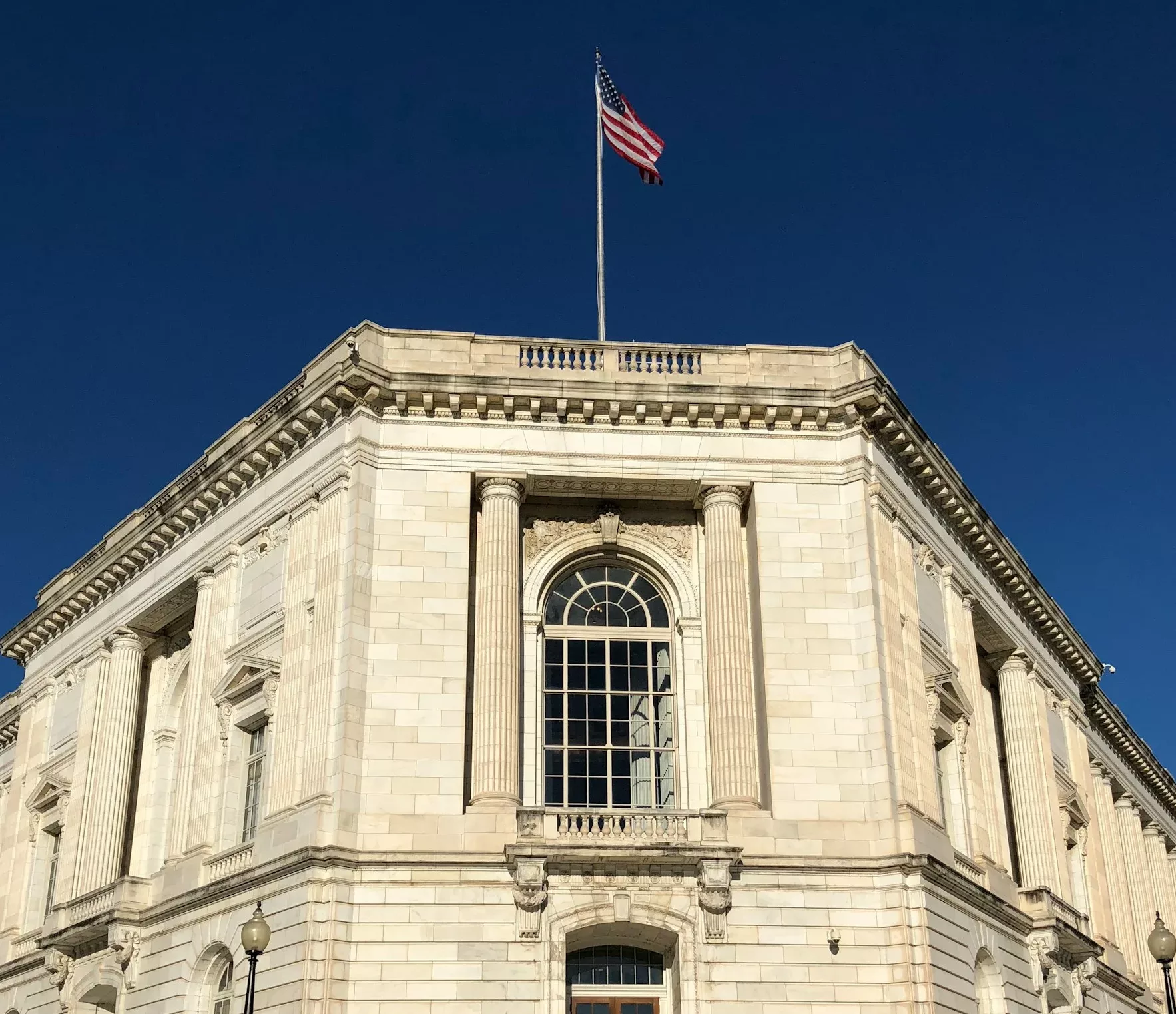In a compelling call to action, a group of U.S. senators has urged the owners to Restore Customer Funds, partners, and venture capital backers of fintech company Synapse to immediately restore customer access to their funds. The demand follows a troubling sequence of events that left customers without access to their money since mid-May, highlighting the critical responsibilities of all parties involved.
Senators Demand Immediate Action
U.S. Senator Sherrod Brown (D-OH), Chairman of the Senate Committee on Banking, Housing, and Urban Affairs, along with Senators Ron Wyden (D-OR), Tammy Baldwin (D-WI), and John Fetterman (D-PA), issued a letter on Monday. The letter, addressed to W. Scott Stafford, president and CEO of Evolve Bank & Trust, also went to major investors and fintech partners of Synapse. The senators emphasized the urgency of restoring customer access to their money, implicating Synapse’s partners and investors in the failure.
Key Recipients and Their Responsibilities
The letter was sent to former Synapse CEO Sankaet Pathak, venture firms Andreessen Horowitz, Core Innovation Capital, and Trinity Ventures, as well as fintech companies Copper, Juno, Mercury, Yieldstreet, and Yotta. The senators pointed out that since Synapse acted as an intermediary for banking services provided by Evolve Bank & Trust, the onus is on these entities to ensure the safety and accessibility of customer funds.
Background: Synapse’s Role and Collapse
Synapse, a San Francisco-based fintech company, facilitated the embedding of banking services into other companies’ offerings. For example, software providers used Synapse to offer instant payment features and specialized credit/debit cards. Synapse raised over $50 million in venture capital, including a $33 million Series B round led by Andreessen Horowitz in 2019.
However, in 2023, Synapse faced severe financial difficulties, culminating in layoffs and a Chapter 11 bankruptcy filing in April. Despite hopes to sell its assets to another fintech, TabaPay, the deal fell through, leading Synapse to file for Chapter 7 bankruptcy in May. Since then, customers have been unable to access their funds.
The Senators’ Letter: Accountability and Immediate Action
The senators’ letter underscored the collective responsibility of Synapse’s partners and investors in safeguarding customer funds. They highlighted the promises made by consumer-facing fintech firms about the safety and reliability of their products, which led consumers to trust and deposit their money through these platforms.
Key Points from the Letter
- Responsibility of Partners and Investors: The letter emphasized that all involved parties, including venture capital firms, fintech companies, and banks, must work together to restore customer access to frozen deposits.
- Impact on Customers: The senators expressed deep concern over the potential shortfall of $65 to $96 million between what consumers are owed and the funds held by Synapse’s partner banks.
- Critique of the BaaS Model: The letter criticized the banking-as-a-service (BaaS) model for its inherent weaknesses, which have left customers without access to their funds.
Broader Implications and Recent Developments
The fallout from the Synapse collapse extends beyond its direct customers. Recent developments in the fintech and banking sectors have highlighted additional vulnerabilities:
- Evolve Bank Cyberattack: On June 26, Evolve Bank announced it had been victim to a cyberattack and data breach, affecting partner companies such as Affirm, Mercury, Bilt, Alloy, and Stripe.
- Thread Bank Enforcement Action: Last week, the FDIC issued an enforcement action against Thread Bank, a partner to BaaS startups like Unit, explicitly calling out its BaaS and Loan-as-a-Service (LaaS) programs.
Conclusion
The senators’ urgent call for action underscores the critical need for accountability and swift resolution in the fintech sector. As Synapse’s partners and investors face mounting pressure, the priority remains clear: restoring customer access to their funds and rebuilding trust in the industry’s financial infrastructure. The unfolding events serve as a stark reminder of the responsibilities inherent in fintech partnerships and the necessity of robust oversight and security measures.
More News: Startups and entrepreneurship


